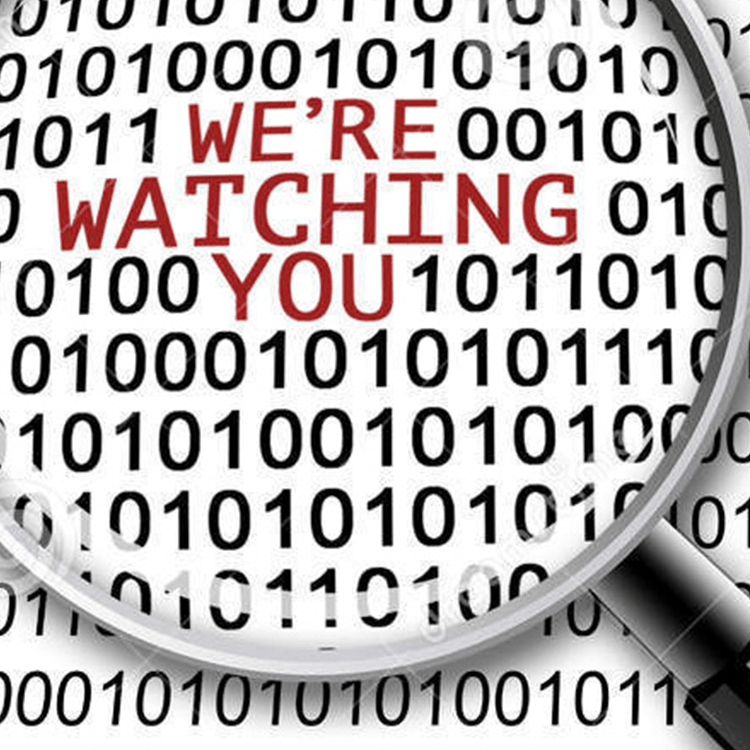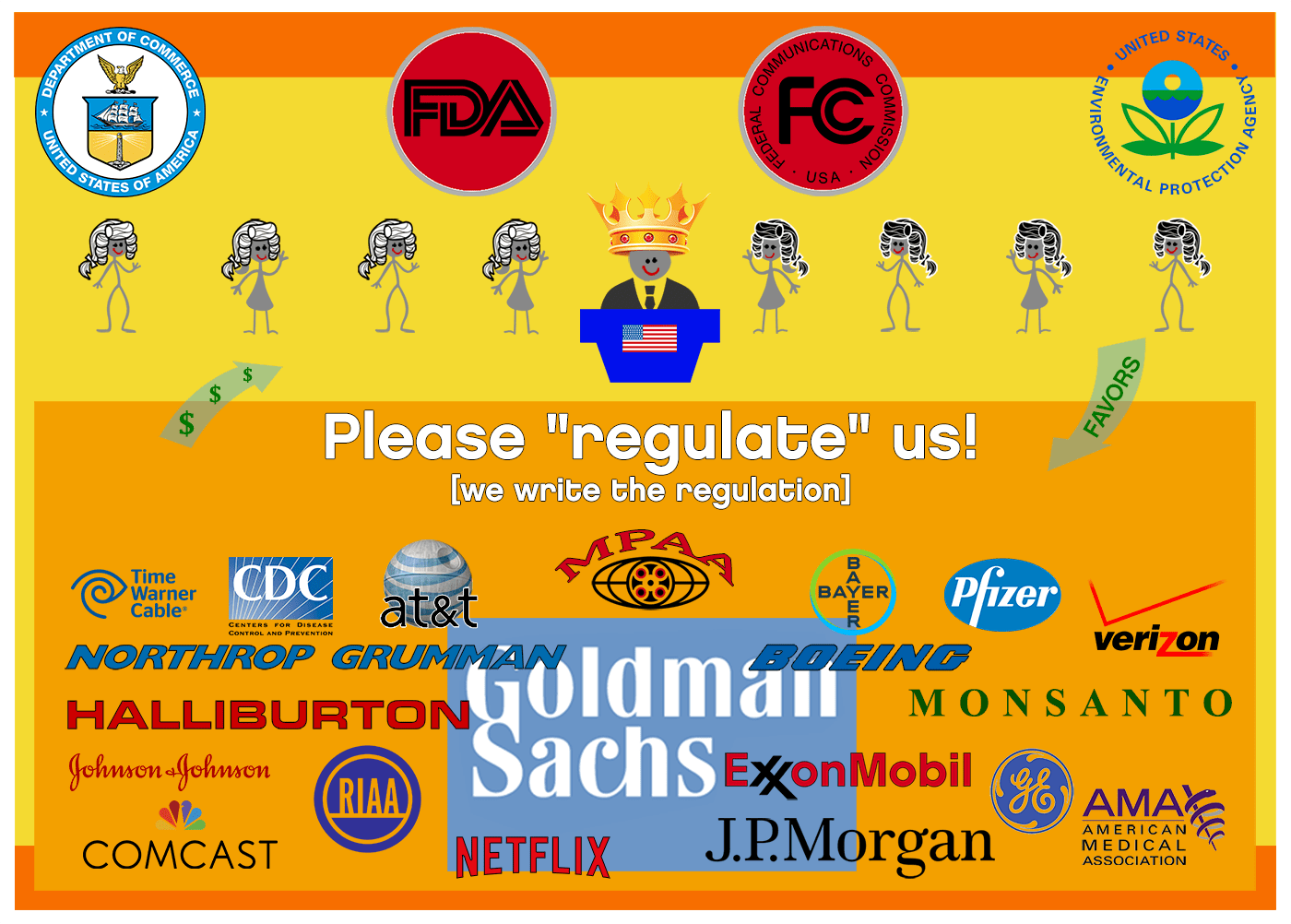There are several realistic dangers associated with a careless attitude toward digital privacy:
Rampant Identity Theft: Identity thieves empowered by casually shared personal information can strip away our security, freedom, and prosperity. These manipulative digital predators can recreate you on their terms, exploiting your credit and name, leaving you entangled in a web of false accusations and crippling debt.
“But only big tech and government can get my personal data!” Have you thought of how often we hear of companies and government agencies being hacked?
Shadow of a Stalker: Your favorite cafe, your commute route, your mistress’s name, your office address, your porn preferences – each digital breadcrumb uncovers a piece of your life. Ignoring digital privacy could render you an easy mark for online stalkers, culminating in real-life threats and physical danger.
Digital Puppets on a String: With every text and email, we go under the granular dissection of AI and machine learning. Only the naive believe AI will not become more intelligent and capable of predicting much about a person based on very little information. Indifferent to our privacy, we risk becoming puppets to those who pull our strings, manipulated by corporations and governments eager to influence our spending, how we vote, and countless other choices.
Kingdom of Data: The act of surrendering our privacy is an abandonment of our data sovereignty. As we say, “they know everything already,” our personal information becomes the currency of multinational corporations. We “serf” and they “king,” in a kingdom of data.
A Strangled Voice: Under the microscope of unrestrained surveillance, our freedom of speech may choke on self-censorship. When we know our every joke, every protest, and every thought can be scanned and scrutinized, a climate of fear could suffocate the essence of our free expression and dialogue.
Ghosts of Future Tech: Not only are we vulnerable to today’s technology, but also to the specters of tomorrow’s inventions. Future technologies could use our past and present digital footprints in ways we cannot yet fathom – with potential harms we cannot predict.
Shackles of Surveillance: Welcoming the intrusion of “Big Brother” legitimizes and bolsters mass surveillance. The threat of our every move being watched shuffles us closer to an omnipotent surveillance state – a gateway to an Orwellian world of control and oppression.
The Tyrannical Overlord: When we say, “I’ve done no wrong, I have nothing to hide,” we hand over undue authority to those in power. An unchecked government armed with the databanks of every citizen could spiral into authoritarianism, trampling over our rights. Actions that are legal now may not be so in the future.
No Man is an Island: Have you considered how your cavalier attitude toward your own data hygiene affects those around you? Communication privacy necessarily degrades to the lowest common denominator. Consider that big tech and government’s sucking up of data is as much about relationships as it is about billions of individuals. It is indeed a web of connections that amp up the relevance and usefulness of data for those who would use our data in ways we do not consent to.
In nutshell, the question isn’t about whether you have anything to hide or not. It’s about preserving the sacred space of privacy that nourishes individuality, nurtures creativity, fuels innovation, and safeguards freedom.











Recent Comments